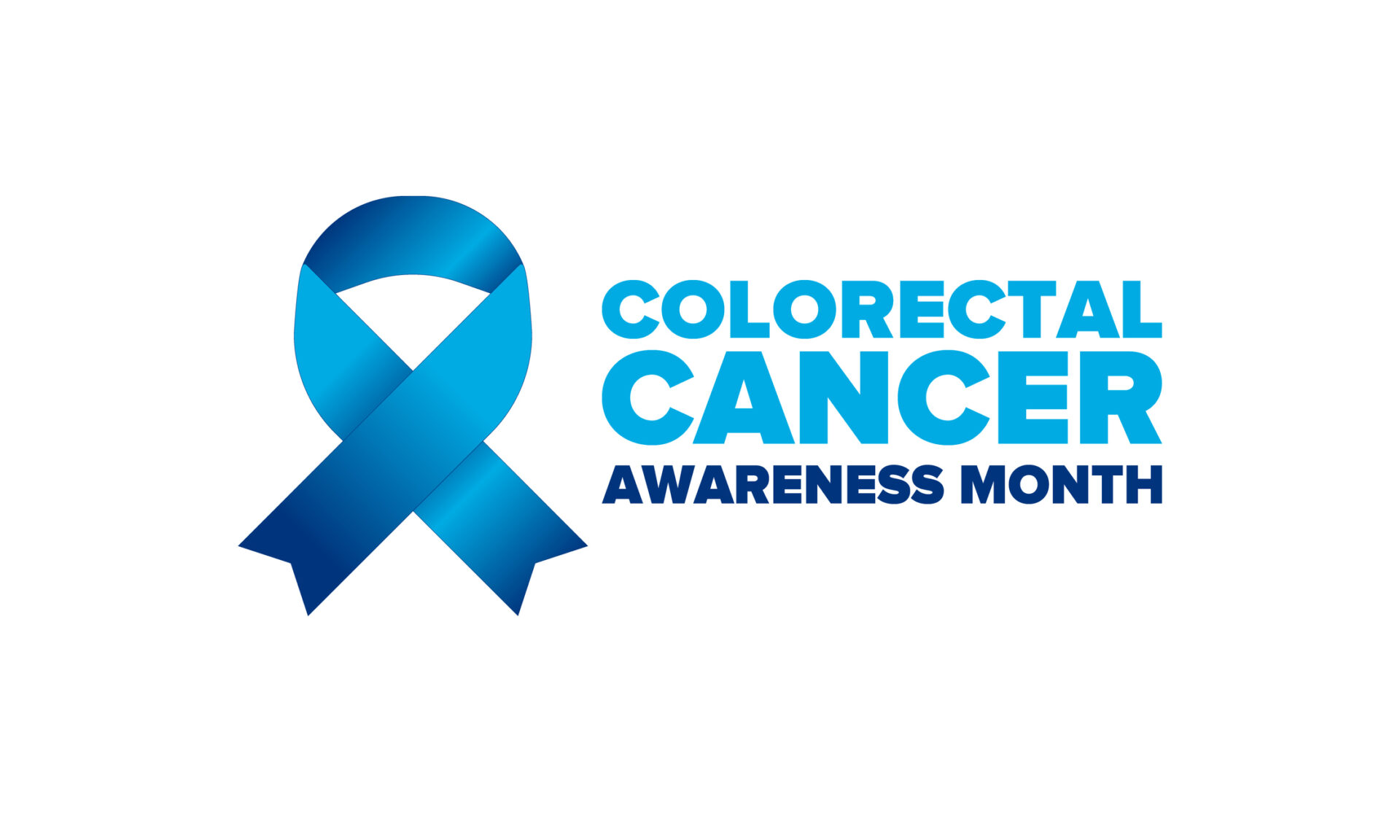- March 26, 2024
National Colon Cancer Awareness Month

The Edinburg City Council has officially declared March 2024 as National Colon Cancer Awareness Month. Let’s unite to spread awareness, encourage screenings, and support those affected by this disease. Together, we can make a difference!
Colon cancer is a growth of cells that begins in a part of the large intestine called the colon. The colon is the first and longest part of the large intestine, which is the last part of the digestive system.
Colon cancer usually begins as small clumps of cells called polyps that form inside the colon. Polyps generally aren’t cancerous, but some can turn into colon cancers over time.
Polyps often don’t cause symptoms. For this reason, doctors recommend regular screening tests to look for polyps in the colon. Finding and removing polyps helps prevent colon cancer.
If colon cancer develops, many treatments can help control it. Treatments include surgery, radiation therapy and medicines, such as chemotherapy, targeted therapy and immunotherapy.
Colon cancer is sometimes called colorectal cancer. This term combines colon cancer and rectal cancer, which begins in the rectum.
According to the U.S. Centers for Disease Control and Prevention (CDC), colon cancer is the third most common cancer diagnosed in people in the U.S. Men and people assigned male at birth (AMAB) are slightly more likely to develop colon cancer than women and people assigned female at birth (AFAB).
Colon cancer typically affects people age 50 and older. Over the past 15 years, however, the number of people age 20 to 49 with colon cancer has increased by about 1.5% each year. Medical researchers aren’t sure why this is happening.
Symptoms
Many people with colon cancer don’t have symptoms at first. When symptoms appear, they’ll likely depend on the cancer’s size and where it is in the large intestine.
Symptoms of colon cancer can include:
- A change in bowel habits, such as more frequent diarrhea or constipation.
- Rectal bleeding or blood in the stool.
- Ongoing discomfort in the belly area, such as cramps, gas or pain.
- A feeling that the bowel doesn’t empty all the way during a bowel movement.
- Weakness or tiredness.
- Losing weight without trying.
When to see a doctor
If you notice lasting symptoms that worry you, make an appointment with a health care professional.

